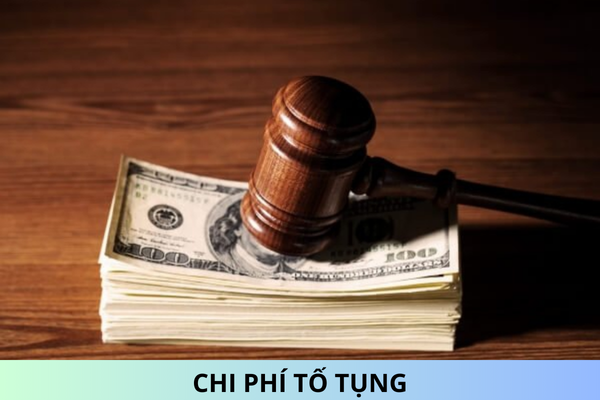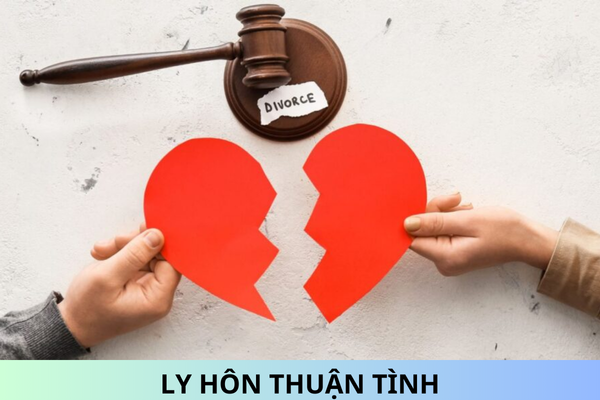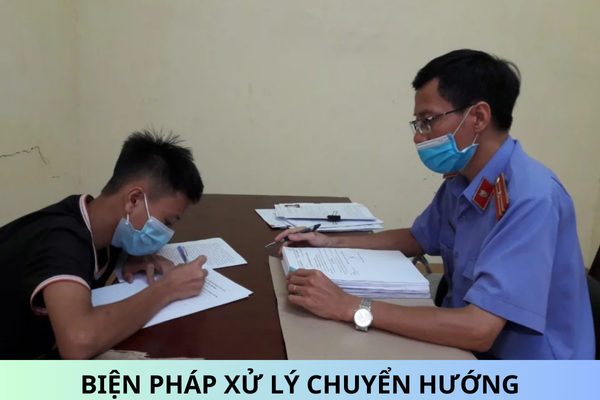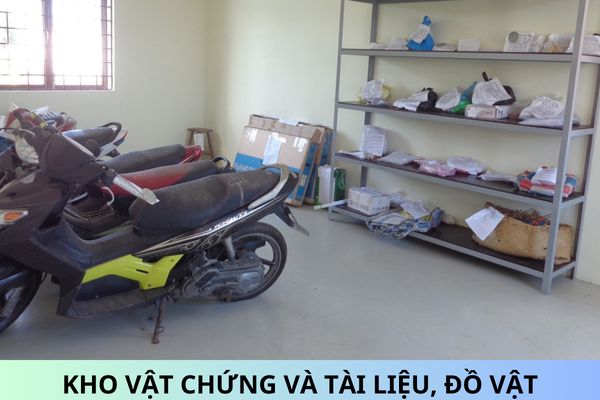Can persons who are old and weak ask others to implement a complaint in Vietnam?
Can persons who are old and weak ask others to implement a complaint in Vietnam? Which complaints are not eligible to be accepted for settlement in Vietnam?
My father has a case he wants to complain about, but he is old and has difficulty walking, so can someone else implement a complaint?
Can persons who are old and weak ask others to implement a complaint in Vietnam?
In Clause 1, Article 12 of the Law on Complaints 2011, complainants have the following rights:
1. A complainant has the following rights:
a/ To make a complaint by him/herself.
In case the complainant is a minor or has lost, his/her civil act capacity, his/her representative at law may implement a complaint.
In case the complainant is ill or old and weak or has a physical defect or encounters an objective circumstance which causes him/her unable to implement a complaint, he/she may authorize his/her parent, spouse, blood sibling or adult child or another person with full civil act capacity to implement a complaint;
b/ To ask a legal counsel or authorize a lawyer to make a complaint to protect his/her rights and lawful interests.
In case the complainant is eligible for legal aid as specified by law, he/she is entitled to ask a legal aid officer to provide legal consultancy or authorize a legal aid officer to make a complaint to protect his/her rights and lawful interests;
c/ To participate in dialogs or authorize a lawful representative to do so;
d/ To be entitled to know, read, photocopy or copy documents and evidences collected by the complaint settler for settling his/her complaint, except information and documents involving state secrets;
dd/ To request relevant persons, agencies and organizations that are preserving or managing information and documents related to his/her complaint contents to provide such information and documents within 07 days after being requested for submission to the complaint settler, except information and documents falling in state secrets;
e/ To request the complaint settler to apply urgent measures to prevent possible consequences of the execution of the complained administrative decision;
g/ To show evidences of the complaint and make explanation on his/her opinions for these evidences;
h/ To receive a written reply on the acceptance of the complaint for settlement, to receive the complaint settlement decision;
i/ To have his/her infringed rights and lawful interests restored; to receive damage compensations in accordance with law;
k/ To make a second-time complaint or institute an administrative case at court in accordance with the Law on Administrative Procedures;
l/ To withdraw his/her complaint.
Thus, according to the above provisions in Vietnam, your father has the right to authorize his parent, spouse, blood sibling or adult child or another person with full civil act capacity, or lawyers, legal assistants to make complaints.

Which complaints are not eligible to be accepted for settlement in Vietnam?
According to Article 11 of the Law on Complaints 2011, a complaint falling into one of the following cases is not accepted for settlement:
1. It is about an administrative decision or act within a state agency for directing and organizing the performance of tasks and official duties; an administrative decision or act related to direction and administration by an administrative agency toward its subordinate administrative agency; an administrative decision containing legal rules issued by competent agencies, organizations or persons according to the order and procedures prescribed in law on promulgation of legal documents; an administrative decision or act involving a state secret in the field of defense, security or foreign affairs as listed by the Government;
2. It is about an administrative decision or act not directly related to the rights and lawful interests of the complainant;
3. The complainant has no full civil act capacity and no a lawful representative;
4. The complaint is implemented by an unlawful representative;
5. There is no signature or fingerprint of complainant in the written complaint;
6. The statute of limitations or time limit for making a complaint has expired but the complainant has no legitimate reason;
7. A second-time complaint settlement decision has been issued;
8. There is a written notice of suspension of the complaint settlement and the complainant does not continue making complaint during 30 days after the issuance of such notice;
9. It has been accepted by a court for settlement or has been settled under a court judgment or decision other than a court’s decision on suspension of the settlement of an administrative case.
According to this Article, if your father makes a complaint in one of the above cases, it will not be considered for settlement in Vietnam.
Best Regards!










